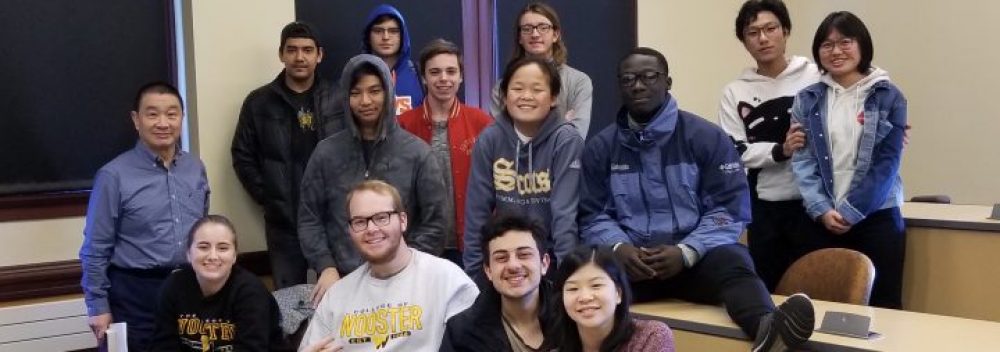Before you write, please remember the following:
- a meaningful working title that sums up your views like a synopsis
- a strong opening paragraph to introduce an issue or an intellectual concern), including names of the works and how each work is relevant.
- organization means the order in which you discuss works in question.
- textual analysis is necessary to interpret dramatic details and quotations. No need for plot summary.
- length around 1,500 words, font size 12; .
- In endnotes, acknowledge the author and/or books that you have cited or quoted as reference. To avoid plagiarism, pay attention to the following:
- Any idea or argument taken from a work that is not your own – whether it is from a printed source, the internet, or another student – must be properly cited. You must incorporate an acknowledgment of the source of the idea in a footnote.
- All quotations must be clearly marked with quotation marks in the text and the source identified in a footnote.
- Any group of three or more words taken directly from a work that is not your own must appear in quotation marks and the source identified in a footnote.
- The borrowing of any complete sentence, sentence fragment, or sequence of three words or more from a work that is not your own (whether taken from printed works, the internet, or the work of another student) without quotation marks and without proper citation is considered plagiarism. This includes words taken from reference works, online book reviews, or student essay posting sites.
First paper: Self Identity
History is but a collection of “his stories”. Write a personal account about a moment or a series of moments in which your problems begin to shape and define you, like modern Chinese history. In this narrative account of your identity, make reference to two Chinese fictional characters whose personal situations are analogous to the crises in your personal growth.
Second paper: Social Identity
To a degree, it is not possible to talk about human dignity and social equality outside matters of money and wealth, more than gender, race or even nationality. Share your sense of social justice in the contexts of three Chinese realistic novels in which people’s identities are shaped by their economic conditions and class. Are we no more than homo economicus?
Third paper: Social Justice and Identity Politics
Every society has both socialist and capitalist elements in its structure. Explain your take on the freedom to get ahead (liberalism) and the need for collective struggles (socialism). Present your personal politics by analyzing four political novels that are elaborations of the Chinese revolution. How to ensure personal liberty in a socialist democracy?
Last paper and presentation: International and Transnational Identity
In a post-American and post-modern world, how do you understand progress? Present your insights by reference to five texts in which China is subjugated, colonized, globalized, internationalized, and trans-nationalized. Are these historical changes examples of modernization, or signs of hybridity when many narratives and temporalities converge? Does history alway makes sense?
